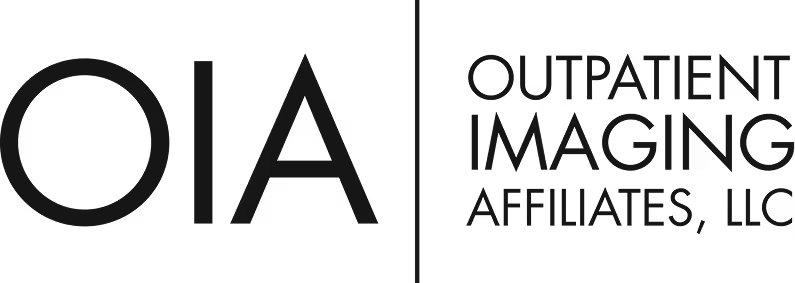CMS Moves to Make Virtual Contrast Supervision Permanent in 2026


Big news out of CMS this week: the advanced copy of the CY 2026 Medicare Physician Fee Schedule has been released, and it includes a game-changing proposal for virtual supervision.
CMS is proposing to make remote (virtual) supervision a permanent option, locking in a flexibility that was first introduced during the COVID-19 public health emergency. If finalized, supervising practitioners would be allowed to satisfy direct supervision requirements virtually, using real-time audio and video communications, without the need to be physically present in the office suite.
Here’s the proposed regulatory language from 42 CFR 410.32(b)(3)(ii):
Direct supervision in the office setting means that the physician (or other supervising practitioner) must be present in the office suite and immediately available to furnish assistance and direction throughout the performance of the service. It does not mean that the physician (or other supervising practitioner) must be present in the room when the service is performed. The presence of the physician (or other practitioner) required for direct supervision may include virtual presence through audio/video real-time communications technology (excluding audio only) for services without a 010 or 090 global surgery indicator.
For care models like ContrastConnect, this proposal is a major step forward. Virtual supervision has been a key enabler of scalable, multi-site coverage models — allowing providers to extend their reach, optimize staffing, and meet patient demand in real time, without sacrificing compliance or quality of care.While the rule does carve out certain surgical procedures (which won’t affect contrast studies), the headline here is simple and exciting: CMS is ready to make virtual contrast supervision a permanent part of the Medicare program.
What Happens Next?
This is still a proposed rule, open for public comment before the final version is issued later this year. But if adopted as written, it represents a permanent shift toward more flexible, modernized supervision models, a move that supports both operational efficiency and patient access across the healthcare landscape.
We’ll be keeping a close eye on the final approval process and will share more insights on how this change could reshape supervision strategies in the months ahead.
Trusted Nationwide



















































74,000+
Contrast exams supervised monthly
64,000+
Hours of supervision monthly
2,700+
Technologists certified
0s
Of imaging partners nationwide
30+
Contrast reactions treated monthly
0%
Requested hours covered
Connect with us.

